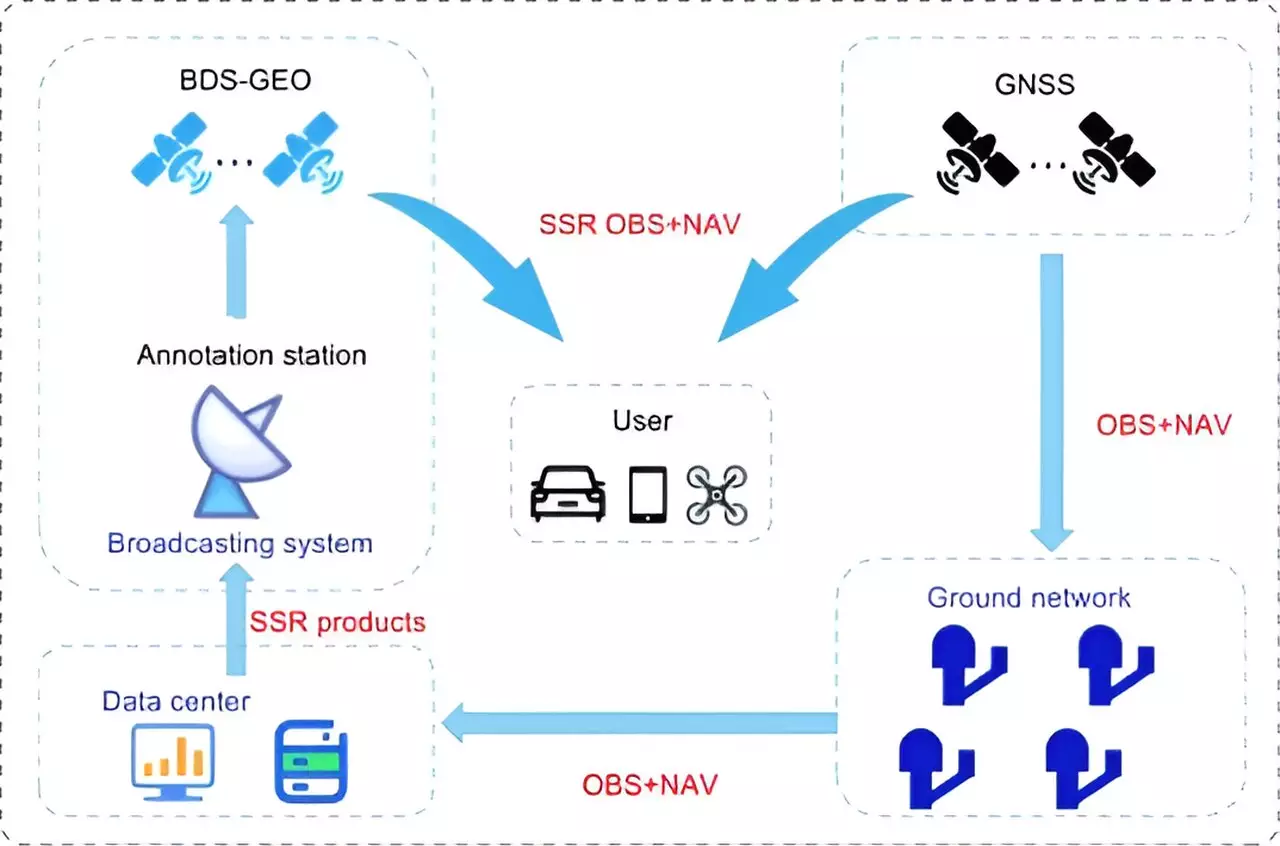The BeiDou Navigation Satellite System (BDS) is currently undergoing a major upgrade to cater to the increasing demand for high-precision positioning in various industries. The enhanced services are designed to deliver decimeter-level accuracy within minutes, a significant improvement from the existing capabilities. This upgrade is essential for technologies like autonomous driving, robotic navigation, and smart city infrastructure, which rely heavily on accurate and reliable location data for optimal performance.
While traditional systems such as GPS, GLONASS, and Galileo have set high standards in the realm of navigation satellite systems, they are not without their limitations. Challenges like limited regional coverage and lengthy convergence times persist, creating a need for more advanced solutions. The BeiDou Navigation Satellite System aims to tackle these challenges by enhancing its high-precision services, positioning itself as a key player in the global positioning landscape.
Research Study on BeiDou’s High-Precision Services
A recent study conducted by researchers from the Beijing Institute of Tracking and Telecommunication Technology, in collaboration with the Shanghai Astronomical Observatory and Wuhan University, delves into the high-precision services of the BeiDou system. Published in the journal Satellite Navigation on 24 June 2024, the study provides insights into the current state, achievements, and future trajectory of BeiDou’s services. The research specifically examines the PPP-B2b of BDS-3, which achieves decimeter-level accuracy within 14 minutes.
Despite the advancements made by BDS-3, it still lags behind international counterparts like Galileo’s HAS and QZSS’s CLAS in terms of regional coverage and convergence time. To address these shortcomings, the research proposes a multi-layer development framework that emphasizes the integration of low Earth orbit (LEO) satellites. By incorporating a LEO constellation comprising 288 satellites, positioning accuracy can be improved to better than 5 cm within approximately 1 minute, significantly enhancing global coverage and reducing convergence time.
The enhanced high-precision services offered by BeiDou have far-reaching implications for a wide range of applications, including autonomous driving, unmanned aerial vehicles, and smart device navigation. This progress marks a significant advancement in the evolution of global navigation satellite systems, positioning BeiDou as a frontrunner in high-precision services. Dr. Xingxing Li from Wuhan University highlights the importance of these advancements in meeting the evolving demands of modern navigation applications and underscores the potential of integrating LEO satellites for improved coverage and reduced convergence time.
The upgrade of the BeiDou Navigation Satellite System’s high-precision services signifies a significant step forward in the realm of satellite navigation systems. By addressing existing limitations and leveraging advancements in technology, BeiDou is poised to lead the way in providing accurate and reliable positioning data for a wide array of applications.


Leave a Reply